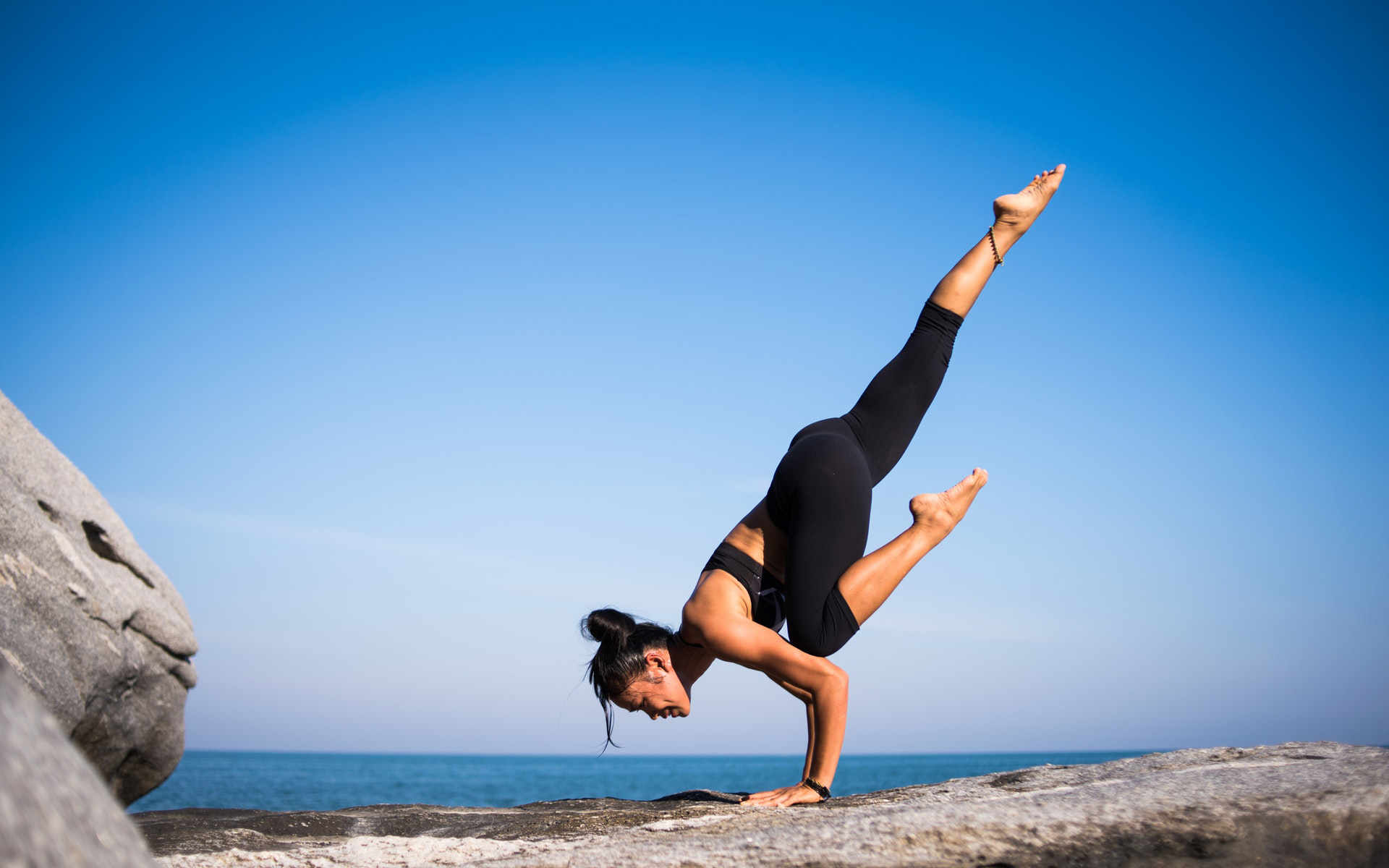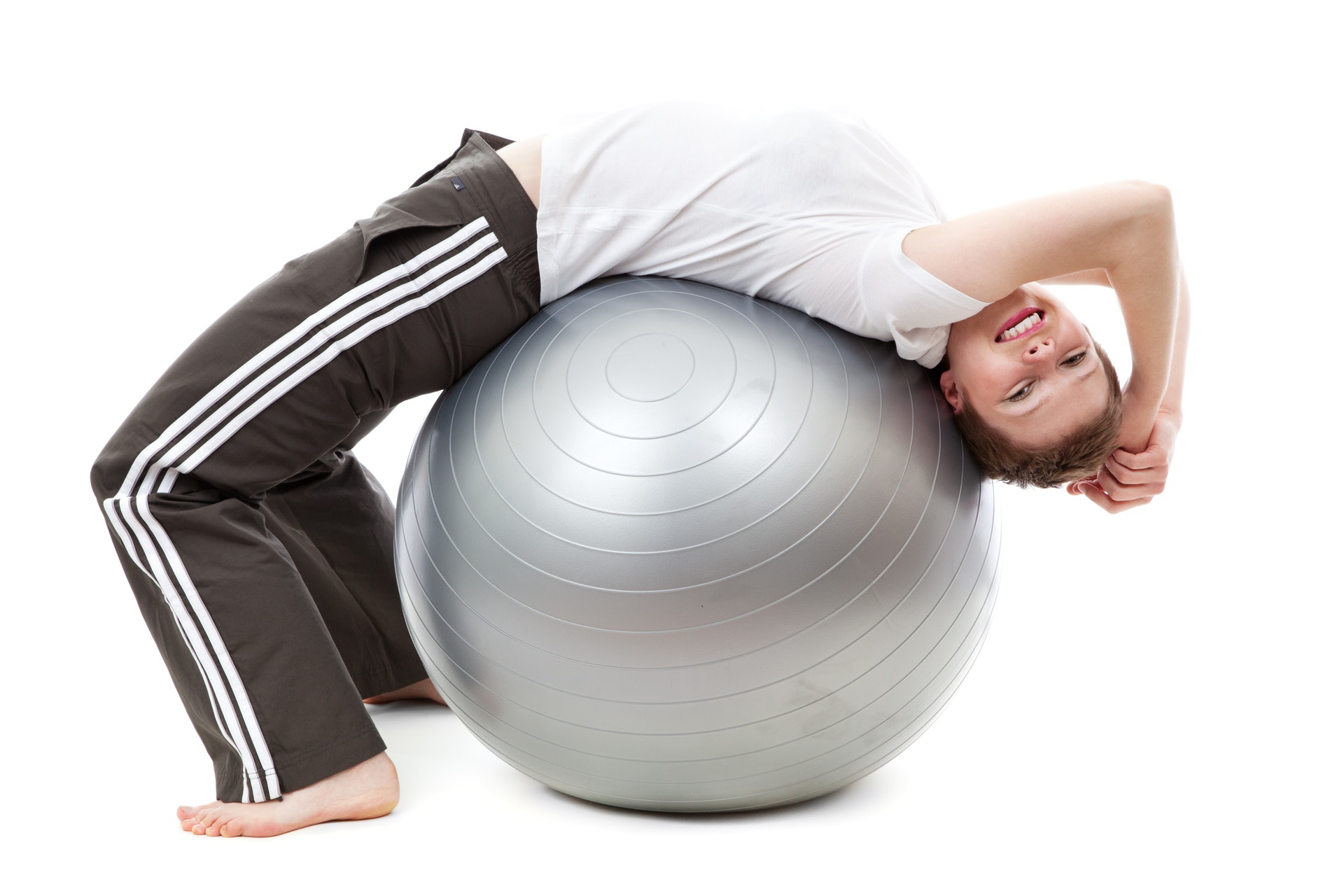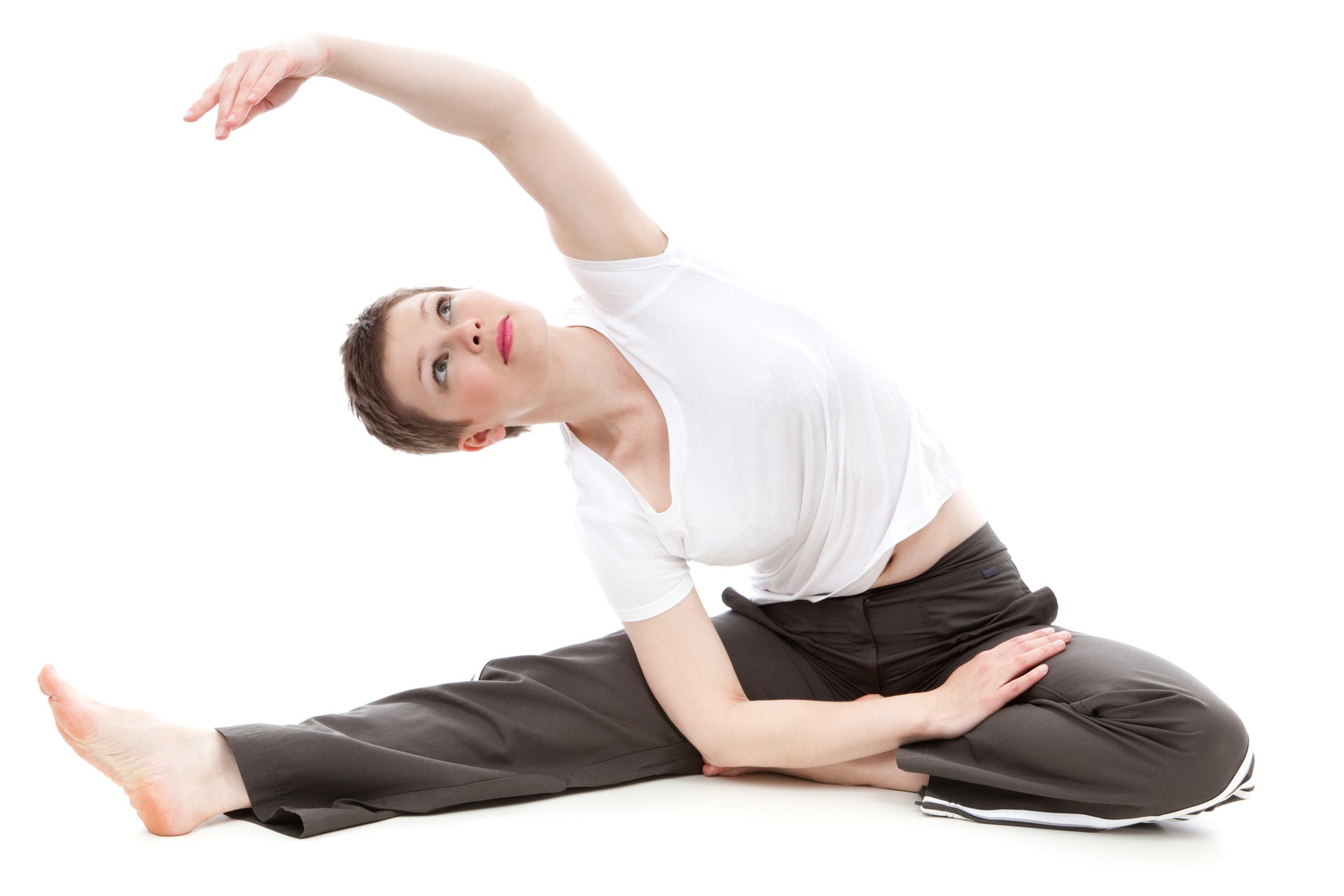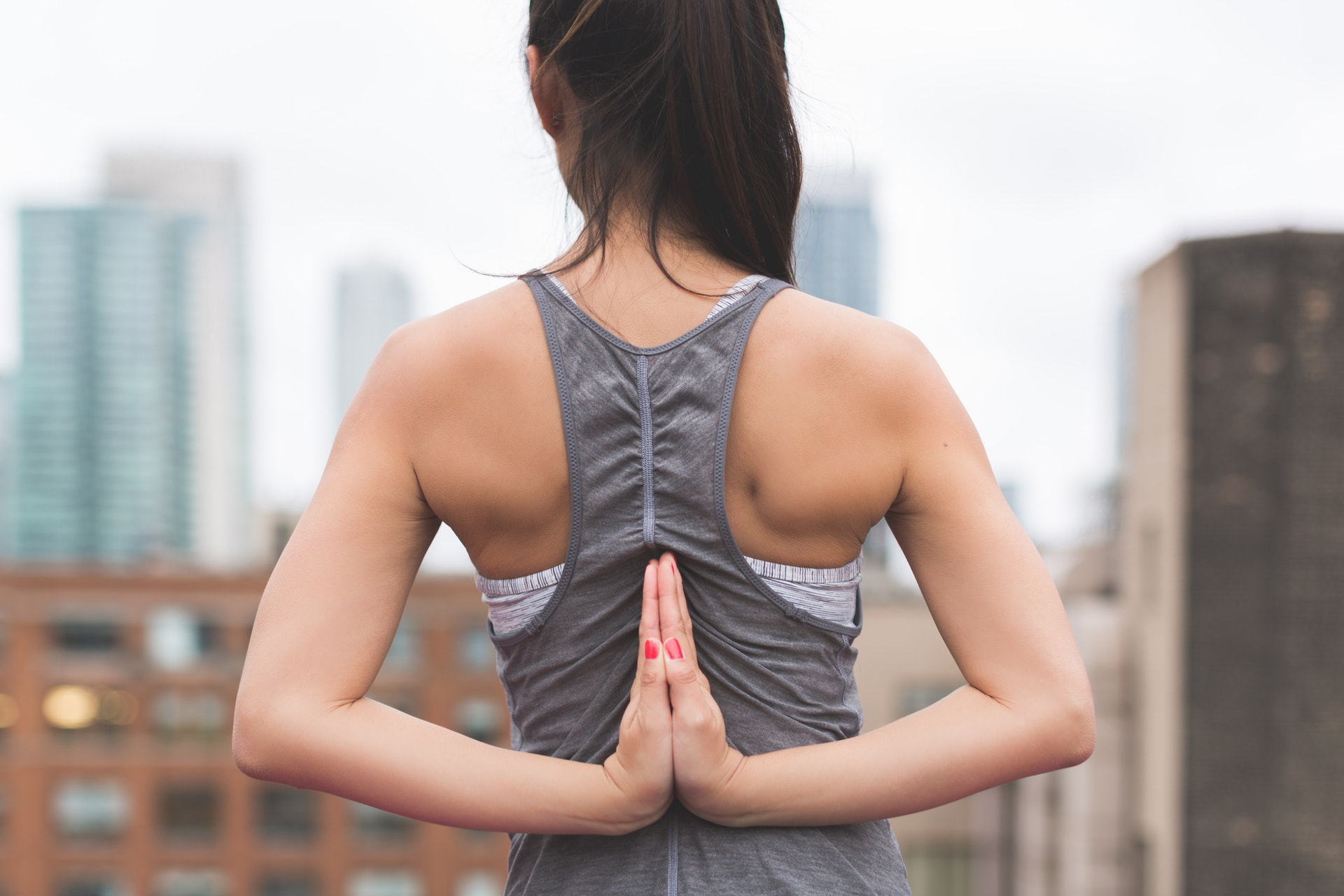Yoga can improve the lives of people of all ages in a variety of ways, particularly as we age. It can help by reducing stress, anxiety, and depression, reduce the risk of heart disease, obesity, diabetes, and aid in recovery from injury.
Yoga makes us feel good all-around, improving our sense of well-being and making us feel lighter, more connected to ourselves and appreciative of the important relationships in our lives.
Check out some of the ways that yoga can benefit you as you age.
1. Reduce Stress

When faced with a potential threat (or ongoing stress), your heart beats faster, your muscles tense and you start to sweat. Yoga stops this process in its tracks by encouraging your body to relax, reducing your heart rate, lowering blood pressure and easing respiration. Yoga induces the relaxation response, which helps modulate the way the body responds to stress.
2. Increase Flexibility

As we get older, our muscles tend to stiffen, our joints lose their range of motion and we become more susceptible to chronic problems such as osteoporosis and arthritis. It’s a commonly held misconception that you have to already be flexible to do yoga. In fact, the opposite is true. Doing yoga regularly is a sure way to become more flexible.
The next slide is something everyone can benefit from.
3. Maintain Weight

Yoga enhances concentration and determination in all aspects of life. Practicing it every day improves willpower and shifts your focus toward wellness rather than instant gratification. In fact, researchers have reported that people with diabetes who did yoga 3-6 days per week for 8 weeks shed more pounds and inches than those who walked for the same time period.
4. Strengthen Bones

People in their 50s often develop the beginning stages of osteoporosis and low bone density. Studies consistently show that the weight-bearing activity of yoga helps slow bone thinning, reducing the risks of osteoporosis, particularly among postmenopausal women. Furthermore, in women who’ve already been diagnosed with osteoporosis, yoga has been proven to help them not lose bone, but gain it back.
Read on to discover perhaps the most important benefit yoga has.
5. Build Strength and Balance

Yoga’s slow, measured movements and strengthening poses can help you achieve better balance and prevent falls as you age. Since falls are the leading cause of injury among older adults that’s a huge benefit. Practicing yoga now gives you the tools to prevent a bad fall so you can still move around in your 80s and 90s.
6. Protect Your Joints

As we age, our joints have a tendency to stiffen and aren’t as fluid as they used to be. Practicing yoga regularly can help lubricate joints, staving off debilitating disorders like carpal tunnel syndrome and arthritis. Yin yoga, a type of practice where poses are held for up to 20 minutes, may be especially beneficial for lubricating and nourishing the joints.
I was surprised to discover the next benefit, keep reading to see what it is.
7. Sharpens Your Mind

As we age, our thought processes aren’t as sharp as they once were. Studies have shown that practicing yoga relaxation techniques for 30 minutes had immediate beneficial effects on brain function and performance among people with multiple sclerosis. Focusing on the breath and synchronizing it with movement helps keep the mind clear and engaged.
8. Aid Digestion

Yoga involves stretching, breathing and meditating, all three of which can be beneficial to your digestive health. It stimulates blood flow, and increased blood flow can promote healing. Poses that have you squeezing and twisting your digestive organs may help relieve gas, a common symptom of irritable bowel syndrome. And when you take deep belly breaths, it can help combat stomach pain caused by gas or acid reflux.
9. Improve Mood

Yoga’s combination of breathing, meditation, and movement helps to create an overall sense of well-being. In fact, studies show that yoga has a greater impact on enhancing mood and reducing anxiety than other forms of exercise. This is because yoga boosts levels of the brain chemical GABA, which helps to sooth and calm nerves.
10. Minimize Hypertension

Yoga has a powerful effect on stress and hypertension and can help people reduce the amount of medication they need. Studies have shown significant reductions in blood pressure for interventions incorporating three basic elements of yoga practice: postures, meditation, and breathing. Researchers speculate that the slow, controlled breathing inherent in yoga practice decreases nervous system activity, which helps manage blood pressure levels.













